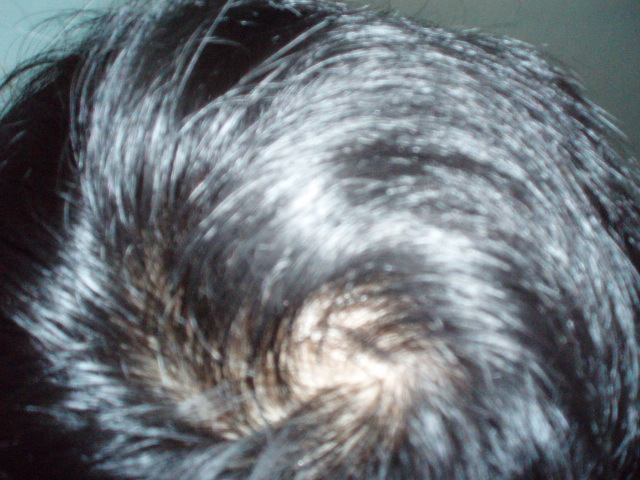Scientists Identify New Hair Loss Gene – APCDD1
The gene that was identified is APCDD1 (adenomatosis polyposis down-regulated 1). This gene is involved in the progressive hair loss condition referred to as hereditary hypotrichosis simplex and it is a condition that usually presents itself in childhood. Hereditary hypotrichosis simplex is a rare autosomal dominant form of hair loss which is characterized by hair miniaturization, a process in which thick terminal hair is replaced with finer hair over time.
The discovery of this gene is an incredible break in the world of hair loss since male pattern baldness also presents itself in the same way with miniaturizing hair follicles. This finding may certainly have a impact on future research and treatments for androgenetic alopecia and other forms of hair loss.
“This discovery was made by analyzing genetic data from a few families in Pakistan and Italy with hereditary hypotrichosis simplex. Through their analysis the research team found a common mutation in the APCDD1 gene that is located on a specific region of chromosome 18. Previous studies have shown chromosome 18 to be involved in other forms of hair loss including alopecia areata and androgenetic alopecia.”The researchers have determined that APCDD1 inhibits the signaling pathway (Wnt) that has been shown to control hair growth in mice.
“We have at last made a connection between Wnt signaling and human hair disease that is highly significant,” says Christiano. “And unlike commonly available treatments for hair loss that involve blocking hormonal pathways, treatments involving the Wnt pathway would be non-hormonal, which may enable many more people suffering from hair loss to receive such therapies.”This study can be found in the April 15 Edition of Nature.
“Furthermore, these findings suggest that manipulating the Wnt pathway may have an effect on hair follicle growth — for the first time, in humans,” said Dr. Christiano. “And unlike commonly available treatments for hair loss that involve blocking hormonal pathways, treatments involving the Wnt pathway would be non-hormonal, which may enable many more people suffering from hair loss to receive such therapies.
http://www.nature.com/



4 comments:
i have tried pumpkin seeds for my baldness problem and found really effective
...BS, sir, BSSSSSSSSSSSSSS.
Hi Jason!!ur experience in fighting baldness is very precious...i'm very appreciate it..
actually i'm suffering from hair loss too,expecially my frontotemporal and vertex area and i'm 26 years old only...expecially my frontotemporal and vertex area...WHAT IS UR BEST ADVICE FROM UR EXPERINCE?what is the first step should i do?thank u...
this my email michaelwong909@hotmail.com
hope together we successfully fight baldness...
ur first step is to confirm whether u actually suffer male pattern baldness. Confirm with a dermatologist. Listen to several opinion. If yes, go for Propecia and Minoxidil.
My blog also help you how to minimize the cost.
Post a Comment